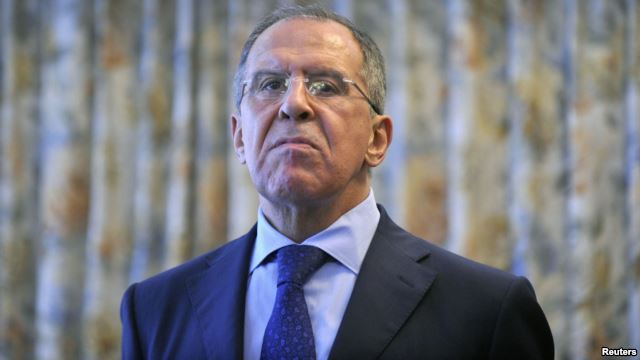Negotiations for a general ceasefire between Russia, Ukraine, and the United States face timing challenges as President Donald Trump referenced an unspecified "psychological deadline" for Russia to agree to terms.
This comes as the US under Trump proposed temporary ceasefires on energy infrastructure strikes and in the Black Sea, which Ukraine and Russia agreed to, however, the terms are not yet fully established and both countries accused each other of violating the agreement.
According to the Institute for the Study of War, it is unlikely that the US, Ukraine, and Russia could negotiate the terms of a general ceasefire within the next three weeks, despite Finnish President Alexander Stubb's suggestion of 20 April as a potential deadline for a "full ceasefire without any conditions."
Russia also attempts to leverage the temporary Black Sea ceasefire to gain concessions from Western powers.
The Kremlin has already imposed preconditions for implementing the agreed Black Sea ceasefire, demanding sanctions relief for Rosselkhozbank, Russia's state-owned agricultural bank, and other financial institutions involved in food and fertilizer trade.
Bloomberg reports that Russia is also demanding that the European Union reconnect Rosselkhozbank to the SWIFT international banking system before implementing the Black Sea agreement.
"If I think Russia is tapping the United States along, I will not be happy about it," Trump stated on 30 March when questioned about deadlines for Russian President Vladimir Putin to agree to a land warfare ceasefire.
Russia continues to accuse the West of prolonging war and supporting "Nazism"
Meanwhile, the Kremlin continues efforts to create divisions between the United States and European allies. Russian Foreign Minister Sergei Lavrov accused "almost the entire European West" of attempting to prolong the war and contributing to the "rehabilitation of Nazism" during a 30 March interview, while continuing to falsely characterize the Ukrainian government as "neo-Nazis."
However, there is no evidence of a totalitarian system or far-right forces controlling Ukraine's government. While Ukraine, like many countries, has some far-right groups, they do not hold significant political power.
Russia often highlights the Azov Battalion, a far-right militia that was integrated into Ukraine's National Guard in 2014, to support its claims. However, the group's influence is minimal in Ukrainian politics and society, and it does not represent the Ukrainian government.
Lavrov also accused the West of waging war against Russia through the "Kyiv regime" and Ukrainian citizens. Lavrov compared this to how Napoleon and Hitler had previously mobilized European forces against Russia, noting that the French conducted punitive operations and the Spanish participated in the Leningrad blockade.
He contended that nearly the entire European West was militarized to extend the life of what he characterized as "Zelenskyy's Nazi regime." He claimed this is being done under Nazi symbols, including SS division insignia.
According to Foreign Minister Lavrov, the West has traditionally sought to weaken its competitors. He claimed that Europeans dominated for approximately 500 years by conquering territories and enslaving populations. Lavrov asserted that Europeans were responsible for all major human tragedies before 1939, including the Second World War, as well as colonialism, slavery, the Turkish wars, and both World Wars.
Russian Security Council Deputy Chairperson Dmitry Medvedev further escalated rhetoric by criticizing European countries for alleged "Russophobia" and threatening Europe with Russian missiles.
These statements appear to be part of a broader Kremlin strategy to portray European countries as seeking to prolong the conflict, in contrast to US efforts to secure interim ceasefires and eventually full peace in Ukraine, potentially undermining Western unity in supporting Ukraine.
Read also
-
Trump threatens both Putin and Zelenskyy, and suddenly the drones stop flying
-
Russian forces halt drone strikes first time in 2025, launch only missiles
-
Three reasons why Trump’s strategy to split Russia and China risks strategic blowback
-
Donald the Peacemaker? Ukraine ceasefire tests Trump’s bid for diplomacy redemption

